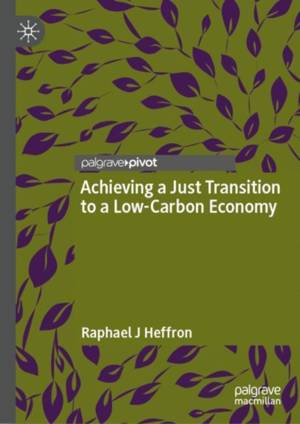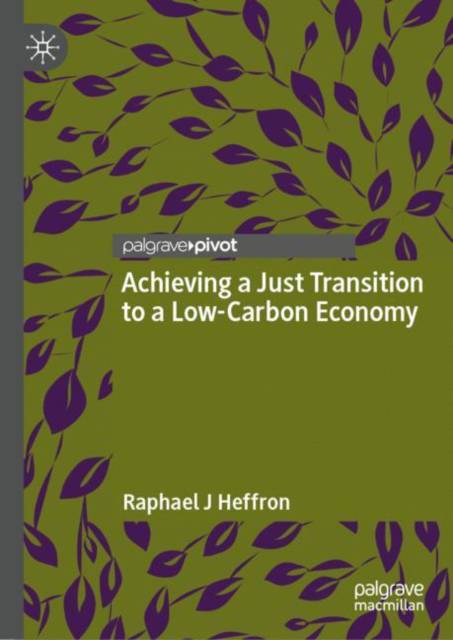
- Retrait gratuit dans votre magasin Club
- 7.000.000 titres dans notre catalogue
- Payer en toute sécurité
- Toujours un magasin près de chez vous
- Retrait gratuit dans votre magasin Club
- 7.000.0000 titres dans notre catalogue
- Payer en toute sécurité
- Toujours un magasin près de chez vous
Description
This is the first in-depth and original analysis to explore the central importance of law in achieving a just transition to a low-carbon economy. In addition, it advances the JUST framework, a unique framework for assessing the just transition. This important research and theoretical tool provides a practical perspective as it ensures the geographical space and timelines of development are factored into analysis. The research also provides analysison the just transition movement around the world and the influence of international institutions.
Through several case studies on Just Transition Commissions and Critical Mineral Development, the book details and demonstrates key elements of justice, including distributive, procedural, restorative, recognition, and cosmopolitan justice. It is clear from the analysis that while these are vast areas for analysis, if applied in practice, they all centrally contribute to ensuring society will advance in achieving a just transition to a low-carbon economy.
Spécifications
Parties prenantes
- Auteur(s) :
- Editeur:
Contenu
- Nombre de pages :
- 162
- Langue:
- Anglais
Caractéristiques
- EAN:
- 9783030894597
- Date de parution :
- 18-12-21
- Format:
- Livre relié
- Format numérique:
- Genaaid
- Dimensions :
- 148 mm x 210 mm
- Poids :
- 362 g

Les avis
Nous publions uniquement les avis qui respectent les conditions requises. Consultez nos conditions pour les avis.






